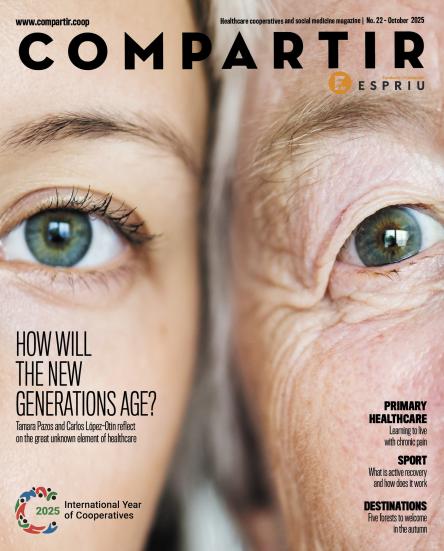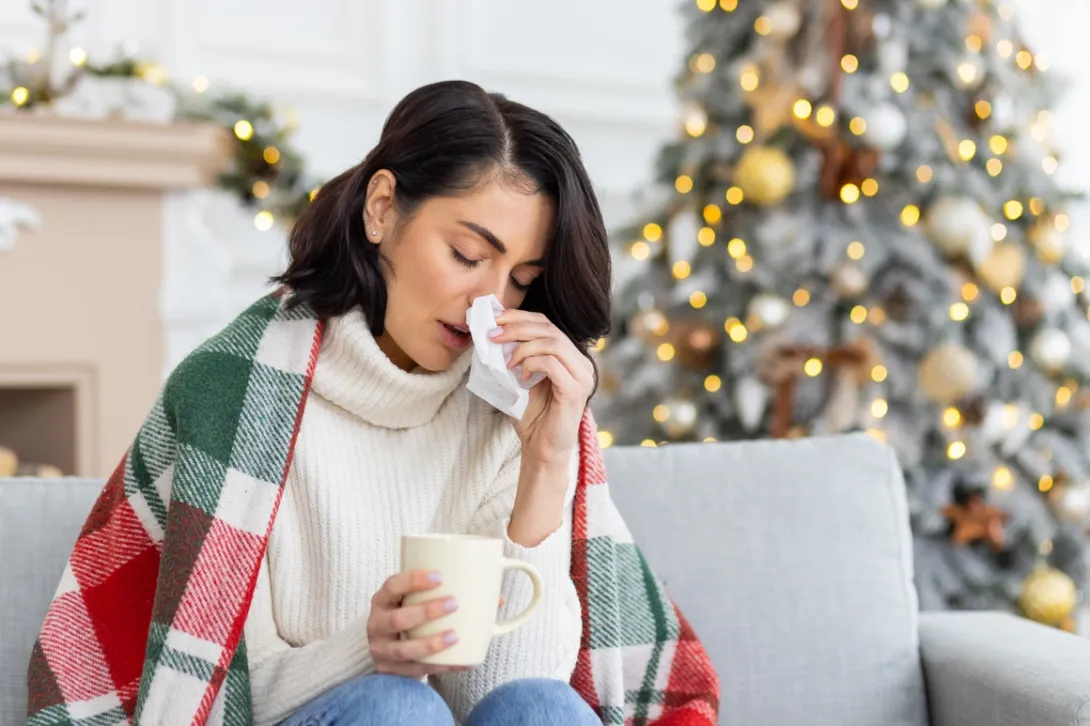
How to avoid norovirus at Christmas parties
By following the guidelines set by bodies such as EFSA and WHO, the risk of norovirus infection can be minimised.
With the arrival of the Christmas holidays, homes are filled with gatherings, hearty meals, and celebrations with family and friends sitting around a table. However, it is also a time when cases of viral gastroenteritis are on the rise, especially those caused by norovirus, one of the most contagious pathogens in the world.
According to data from the European Food Safety Authority (EFSA), this virus is responsible for more than 30% of food poisoning outbreaks in Europe, and its spread usually increases during the winter months. Although the symptoms – nausea, vomiting, diarrhoea and malaise – are usually mild and short-lived, the ease with which this virus is transmitted can turn a simple Christmas meal into a source of infection for the whole family.
The World Health Organization (WHO) warns that a tiny number of viral particles is enough to make you sick, so prevention and food hygiene are essential at this time of the year.
Norovirus: How it's transmitted and why it's so contagious
Norovirus spreads mainly through contaminated food or water, although it can also be transmitted by direct contact with an infected person or by touching surfaces where the virus is present. The foods involved are usually raw or undercooked seafood, unwashed fruits and vegetables, or dishes handled by people who have not washed their hands properly.
The EFSA stresses that the virus can survive on countertops, cutlery or napkins for several days, which explains its rapid expansion in homes or restaurant environments.
Furthermore, its resistance is remarkable: norovirus withstands low temperatures and even some common disinfectants, making it difficult to eliminate. That's why a single handling error in the kitchen can be enough to affect an entire Christmas gathering.
In fact, the WHO considers it one of the main causes of food poisoning outbreaks worldwide, particularly in closed environments with crowds of people, such as schools, student halls or company canteens.
In the context of parties, prolonged meals and shared handling of food (appetizers, shared dishes, sweets) increases the risk of exposure.
Basic steps to avoid norovirus infections
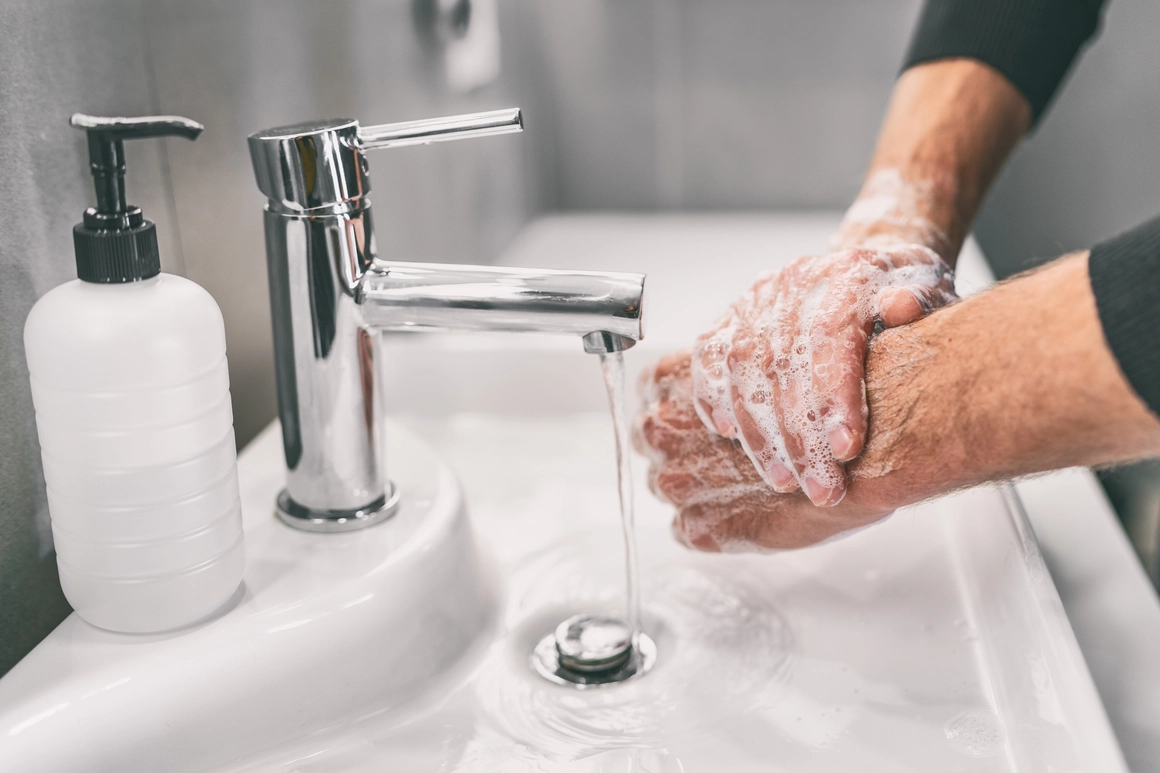
Hygiene
1 of 4
Norovirus prevention starts with rigorous hand hygiene. Washing them with warm water and soap before and after handling food — particularly seafood, fruit, and vegetables — is the first line of defence. Experts recommend spending at least 20 seconds washing and drying your hands with clean towels.
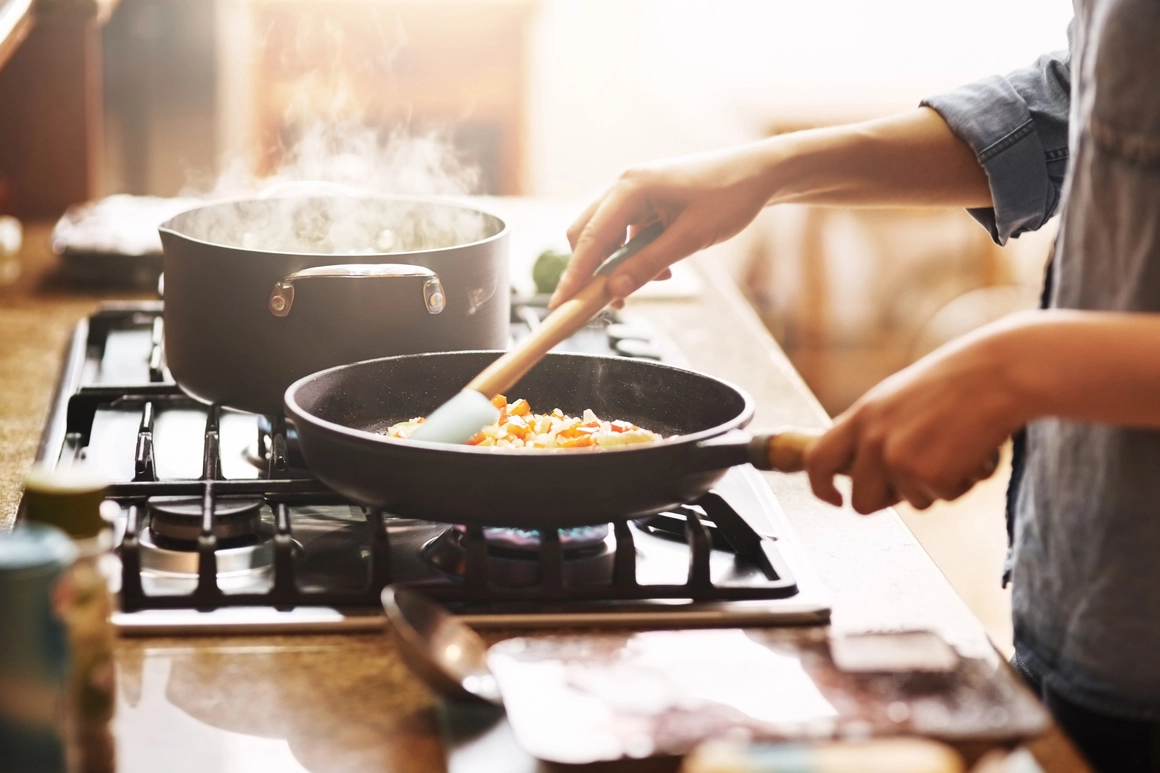
Cooking food thoroughly
2 of 4
Second, it is important to cook food thoroughly, particularly seafood, as cooking destroys the virus. Avoiding the consumption of oysters or other raw seafood is essential at this time of year.
Another fundamental issue is keeping utensils and surfaces clean. Cutting boards, knives, and countertops should be washed with hot water and detergent after contact with raw food. It is also advised to keep cooked and raw foods separate to prevent cross-contamination.
Should a person living in our home display symptoms of norovirus, they should not handle food for at least 48 hours after their recovery, as they can continue to shed the virus.
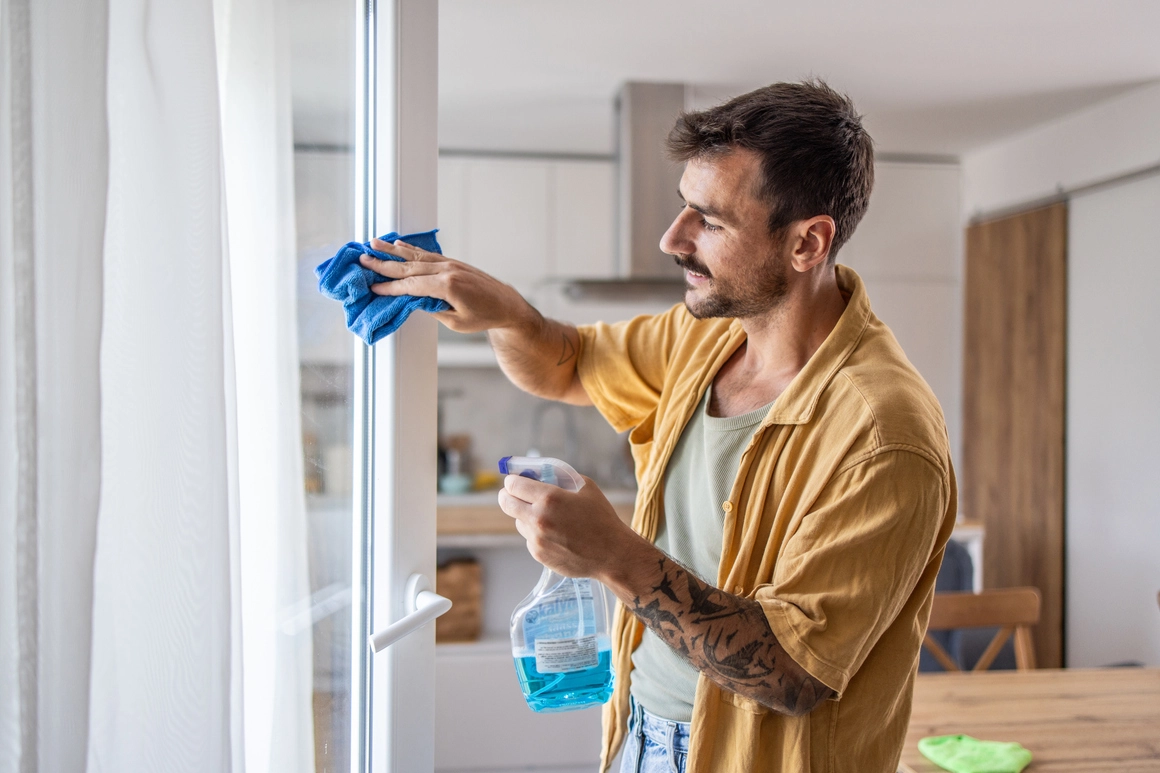
Clean and ventilate
3 of 4
At home, ventilating rooms well and disinfecting the bathrooms with diluted bleach is recommended. If an episode of vomiting occurs, it should be cleaned up immediately wearing gloves and avoiding aerosols, which can spread the virus. In addition, all clothing or table linen that has been in contact with fluids should be washed at a high temperature. These are simple measures, but highly effective in preventing the spread.
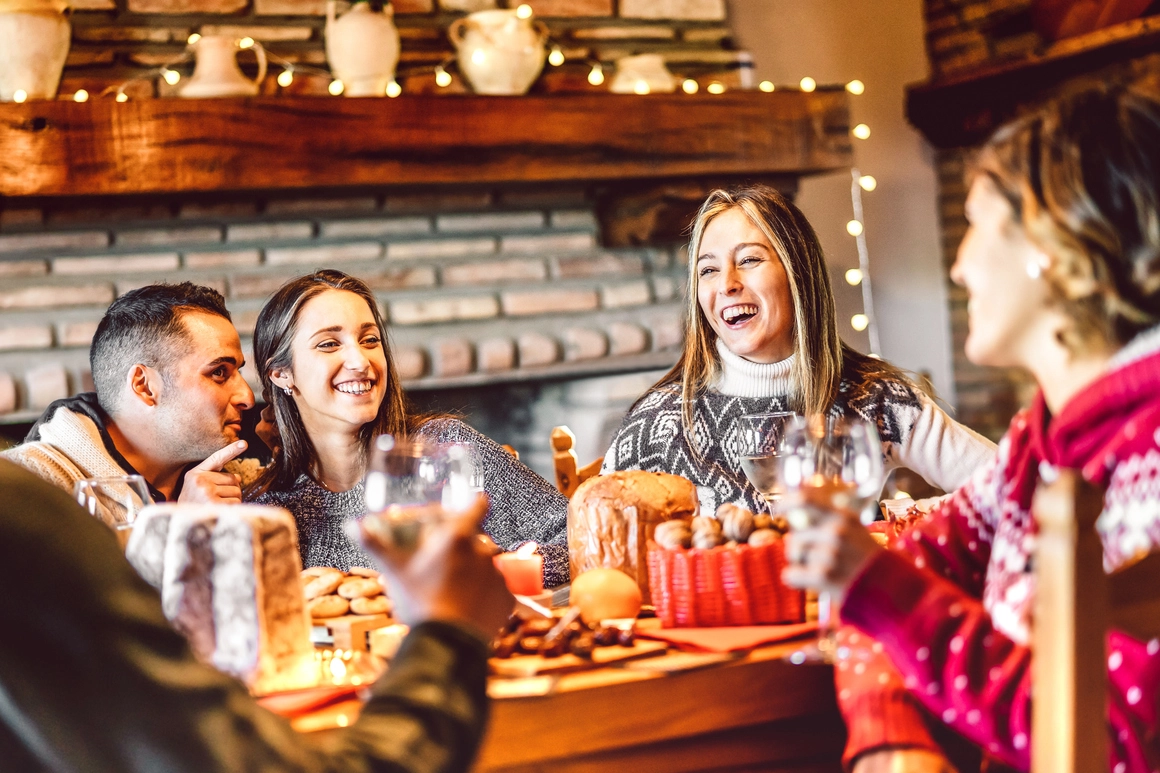
Eat safely and celebrate without the risk of catching norovirus
4 of 4
During the holidays, the rush to prepare large meals can lead to neglecting certain basic food safety habits. However, taking a few minutes to check the provenance and proper state of conservation of all groceries can be important to avoid contagion.
Seafood and fish should be kept refrigerated until the time of preparation, and cooked dishes should not remain at room temperature for more than two hours. Also, it's important not to reuse leftovers without heating them properly, as the virus can survive in cold food.
The message is clear: enjoying Christmas without any surprises depends, to a large extent, on responsible cooking. By following the guidelines set by bodies such as EFSA and WHO, the risk of norovirus infection can be minimised and ensure that celebrations focus on what is really important: sharing pleasant moments without an unwelcome virus ruining the party.




